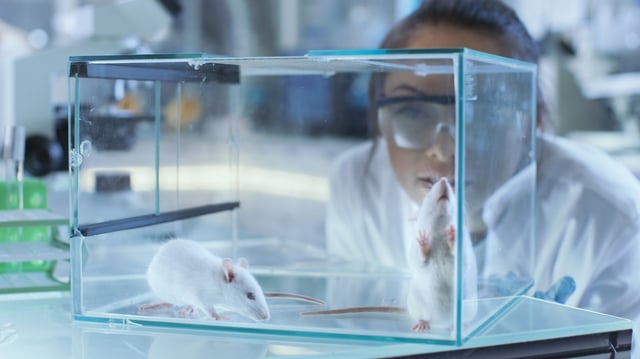Overview
- A study published in Cell Metabolism shows that male mice on a 24-hour intermittent fasting cycle exhibit significantly increased sexual activity after six months.
- The effect is attributed to reduced serotonin levels caused by fasting, which lowers dietary tryptophan intake and diminishes inhibitory effects on sexual behavior.
- Researchers confirmed the increased libido is driven by behavioral changes rather than improvements in sperm quality or hormone levels.
- The findings suggest potential human applications, including treatments for hypoactive sexual desire disorder (HSDD), though human trials are needed for validation.
- The international study was conducted by researchers from DZNE, Qingdao University, and the University of Health and Rehabilitation Sciences.

